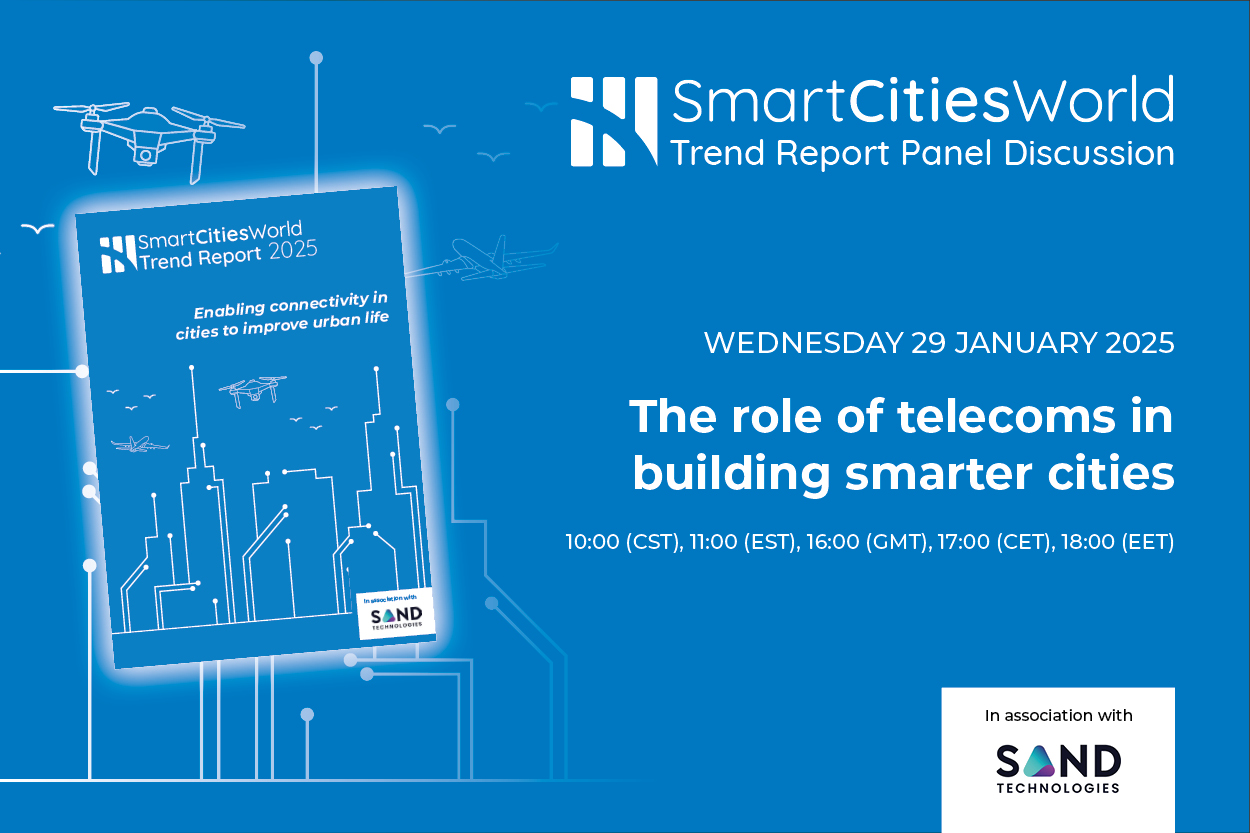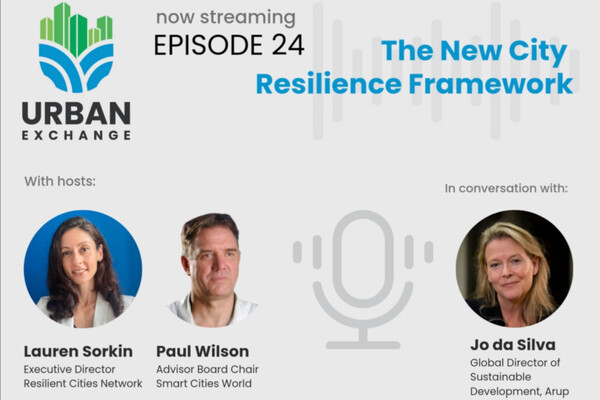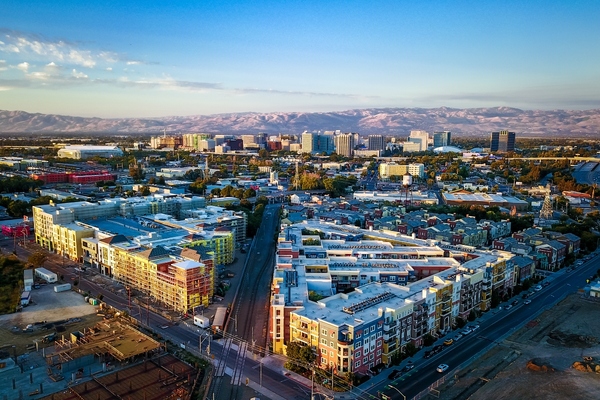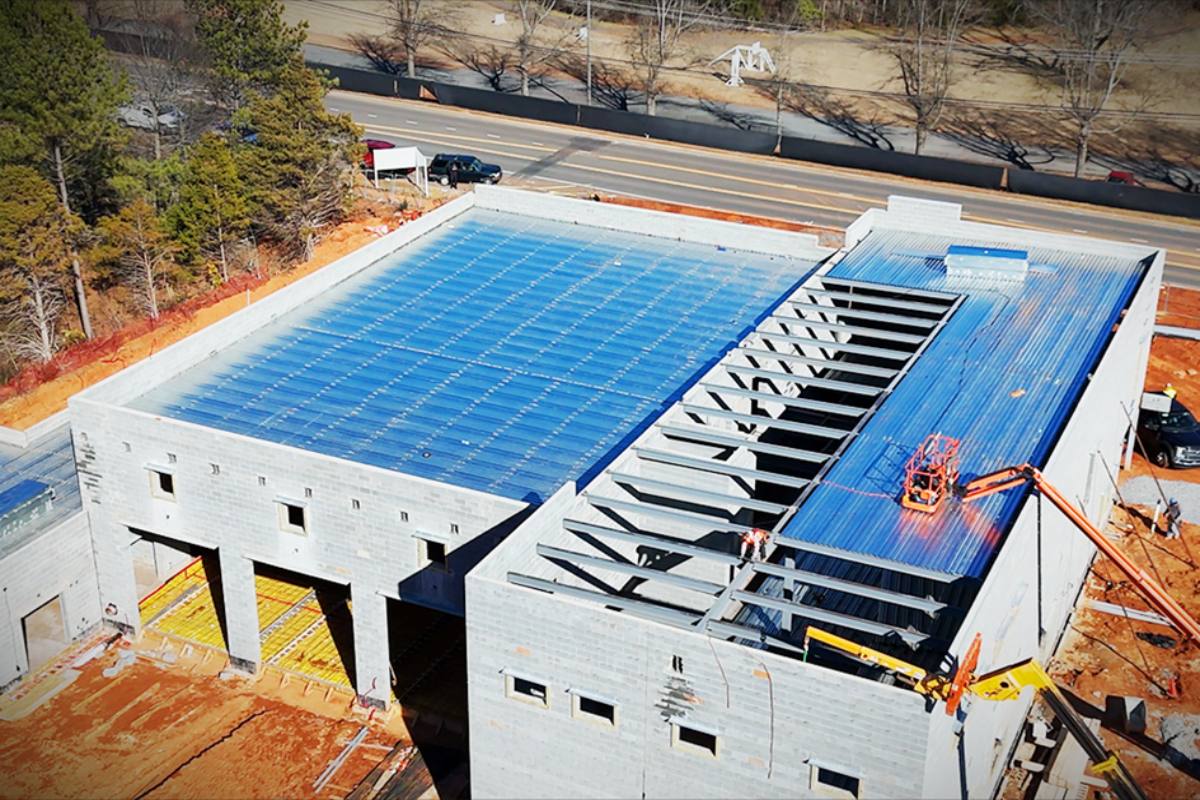Special Reports
SusHi Tech Tokyo 2024: experience ‘Tokyo 2050’ todaySponsored by The SusHi Tech Tokyo 2024 Showcase Program Executive Committee
40% of cities say they have ‘no idea’ how they could use blockchain
The research clearly shows a need to find ways to better explain and understand blockchain technology

In a new global Smart Cities World survey, 77 per cent of 196 respondents say they believe that blockchain is more hope than hype for solving urban challenges in cities.
The survey of city leaders, technology providers, academics and other smart city stakeholders finds that despite this promise, overall 25 per cent have no idea how they could use blockchain technology to improve public services and benefit citizens.
This rises to 40 per cent for city respondents. 53 per cent overall (versus 45 per cent in cities) said they have some idea how they could use it and 22 per cent have a very clear idea (15 per cent in cities).
Lack of understanding
Part of the issue is around getting to grips with the technology. Although 80 per cent said they understand blockchain well or fairly well, 13 per cent said they don’t get it at all and only 6 per cent consider themselves experts.
Further, when asked about the challenges to unlocking blockchain’s benefits, understanding the technology was rated as the top obstacle, followed by a perception that the technology is untested/unproven; a lack of adequate skills; and the need for support from the top.
Overall, 16 per cent said the blocker to blockchain is blockchain itself, noting that blockchain isn’t required as most problems can be solved with existing tools. However, interestingly this way of thinking falls to 6 per cent for city respondents. The cost of blockchain implementations was also flagged as a concern.
Blockchain potential
Respondents that are backing blockchain – at least in theory -- highlighted a number of areas where they see potential for improving city services and quality of life for citizens, including: governance/city administration (63 per cent); citizen engagement/e-voting (52 per cent); transport (44 per cent); energy; (38 per cent); health (38 per cent); and public safety (32 per cent).
The top expected benefits ranked in order are:
1 More efficient operations
2 Improved citizen engagement/trust
3 Stronger security
4 Cost savings
5 Environmental/Energy benefits
6 Improved traffic
7 Health impacts
Despite the potential, just 15 per cent of the cities surveyed said they are running any blockchain implementations or trials, and only 15 per cent have anything planned in the short-term.
In action
We did come across some interesting examples of blockchain in action in the course of our research, including Dubai which is looking at a number of applications. One of these is paperless transactions for visa applications, bill payments and license renewals, for example and is projecting cost savings in document processing as well as CO2 savings.
”More detailed case studies are required before cities will take the plunge with blockchain. And until then, we won’t know whether the hype is really justified”
Vienna is using public blockchains to simplify, automate and validate open government data, including public transport routes, train schedules and communities’ voting results.
Zug in Switzerland is offering its citizens the opportunity to get a blockchain-based digital identity and also accepts bitcoin payments.
Moscow recently incorporated blockchain into its Active Citizen e-voting platform.
Sarah Wray, editor of Smart Cities World, said: “Our research clearly shows a need to find ways to better explain and understand blockchain technology, and to show more proven examples of powerful use cases in cities, showing how the technology can be implemented and that it is applicable to real and pressing challenges.
"These factors are important to get backing from the top. And, for a technology that promises such fundamental change, it will be important for communication with citizens too.”
She added: “While some examples are emerging, more detailed case studies are required before cities will take the plunge with blockchain. And until then, we won’t know whether the hype is really justified.”
On September 12, Smart CitiesWorld held an event on blockchain for smarter cities at London’s City Hall, including a keynote, panel debate and roundtable discussions. In the coming weeks we’ll be doing deeper dives on some of the issues raised at this event and in our research.
This survey was carried out with our research partners, Apolitical and Blockchain Cities Alliance.
If you like this, you might be interested in the following:
Blockchain for smarter cities? Start crawling
Many cities are curious about the benefits that blockchain could offer for citizens and public services, but they’re understandably wary of taking the plunge. Ernst & Young’s Paul Brody shares how to
Vienna progresses blockchain strategy
The Austrian capital is working with professional services firm EY on public blockchains to validate and secure the city’s Open Government Data
Singapore is top for blockchain
A new ranking lists the top 10 blockchain cities in the world which sees London in second place and the Swiss town of Zug in third



















